Functional programming languages have been gaining in popularity in recent years, as developers look for new ways to improve the reliability, scalability, and maintainability of their code. In this article, we’ll take a look at the top Best functional programming languages of 2023, and explore the benefits and drawbacks of each.
Table of Contents
Introduction to Functional Programming Languages (FPLs)
Functional programming languages are a class of programming languages that emphasize the use of functions to solve problems. Unlike traditional imperative programming languages like C++, Java, or Python, where programs are written as a series of statements that modify the state of the program, functional programming languages focus on creating pure functions that take inputs and produce outputs, without any side effects.
Haskell
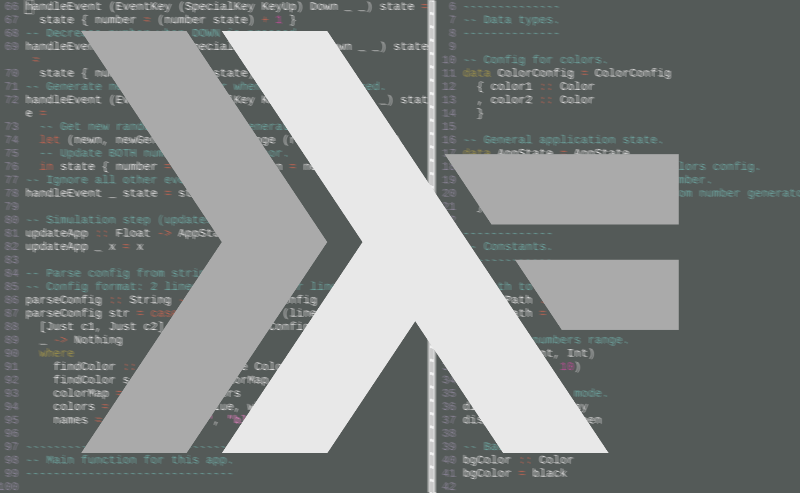
Haskell is a popular functional programming language that was first released in 1990. It is a statically typed language, meaning that the types of all expressions are known at compile time. Haskell is known for its strong type system, which can help catch errors at compile time and improve code reliability. Haskell also has a reputation for being difficult to learn, but its expressiveness and high-level abstractions make it a powerful tool for solving complex problems.
Clojure
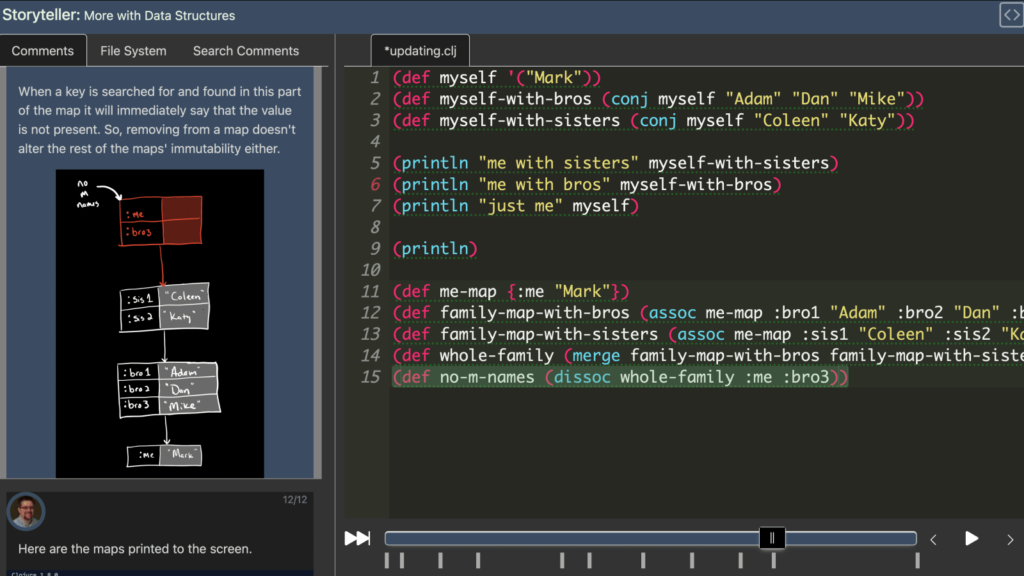
Clojure is a functional programming language that runs on the Java Virtual Machine (JVM). It was first released in 2007 and has gained popularity in recent years due to its simple syntax and powerful features. Clojure emphasizes immutability and encourages the use of pure functions to create reliable and scalable code. Clojure also has a strong focus on concurrency and parallelism, making it a good choice for developing high-performance applications.
Scala
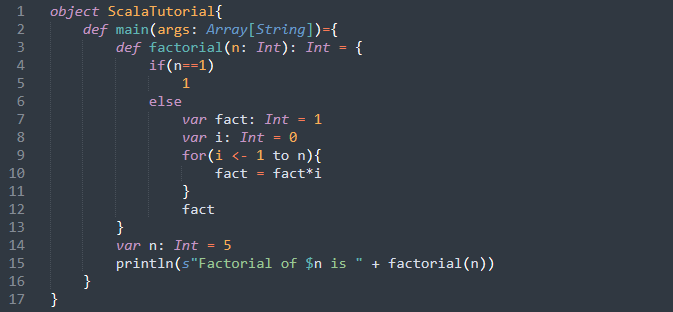
Scala is a hybrid functional and object-oriented programming language that runs on the JVM. It was first released in 2004 and has gained a lot of traction in the enterprise world due to its scalability, performance, and interoperability with Java. Scala is a powerful tool for building high-performance, distributed systems, and its strong type system can help catch errors early in the development process.
Elixir
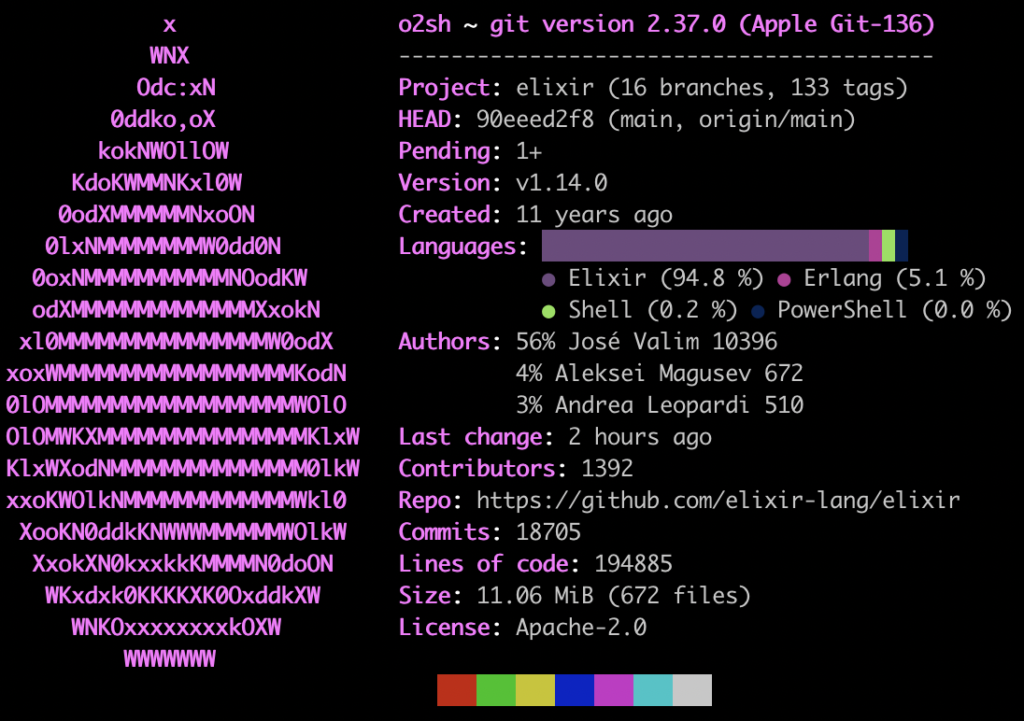
Elixir is a functional programming language that runs on the Erlang virtual machine. It was first released in 2011 and has gained a lot of popularity in the past few years due to its simplicity and scalability. Elixir is designed for building distributed, fault-tolerant systems and makes it easy to write highly concurrent code. Elixir’s syntax is also easy to learn, making it a good choice for beginners.
F#
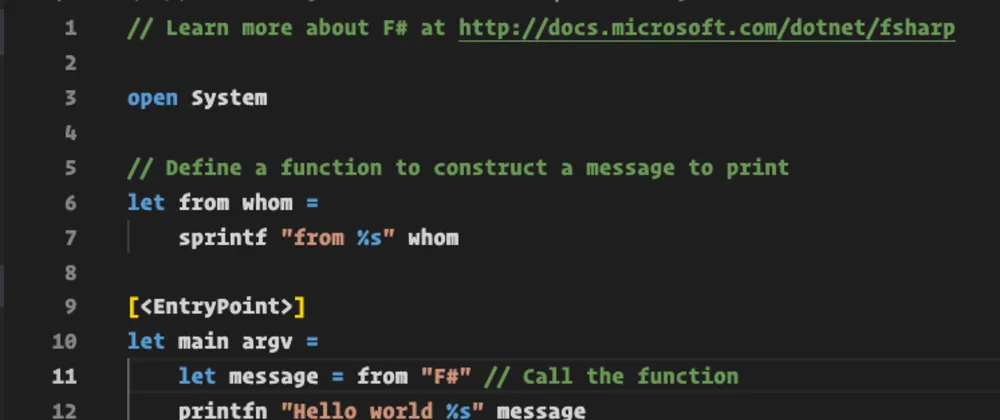
F# is a functional programming language that runs on the .NET platform. It was first released in 2005 and has gained a lot of popularity in the past few years due to its integration with the .NET ecosystem. F# is a powerful tool for building high-performance, scalable, and reliable applications, and its strong type system can help catch errors early in the development process. F# also has a reputation for being easy to learn, making it a good choice for beginners.
Rust

Rust is a systems programming language that was first released in 2010. While not strictly a functional programming language, Rust borrows many concepts from functional programming, including immutability, closures, and pattern matching. Rust is known for its performance, reliability, and safety, and is a popular choice for building high-performance systems.
Benefits of Functional Programming Languages
Functional programming languages offer a number of benefits over traditional imperative programming languages. One of the biggest advantages is their focus on immutability and purity, which can help improve the reliability and maintainability of code. Functional programming languages are also well-suited to concurrency and parallelism, making them a good choice for building high-performance, distributed systems.
Drawbacks of Functional Programming Languages
While functional programming languages offer many benefits, there are also some drawbacks to consider. One of the biggest challenges of functional programming languages is their steep learning curve. Functional programming languages often require a different way of thinking about programming problems, which can be difficult for developers who are used to imperative programming languages.
Another challenge of functional programming languages is their limited tooling and libraries. While many popular functional programming languages have vibrant communities and a growing ecosystem of tools and libraries, they still lack the extensive libraries and frameworks available for languages like Java or Python.
Finally, functional programming languages can also suffer from performance issues, particularly when dealing with large datasets or complex computations. While many functional programming languages are designed to be highly performant, some tasks may still require the use of imperative programming techniques to achieve the best results.
Conclusion
Functional programming languages offer many benefits over traditional imperative programming languages, including improved reliability, scalability, and maintainability of code. While there are some challenges to using functional programming languages, the benefits often outweigh the drawbacks, particularly for building high-performance, distributed systems. Of the functional programming languages discussed in this article, Haskell, Clojure, Scala, Elixir, F#, and Rust are all excellent choices for developers looking to explore the world of functional programming. The Ultimate Guide to Wilson Language Training: What You Need to Know.